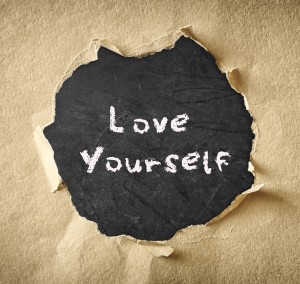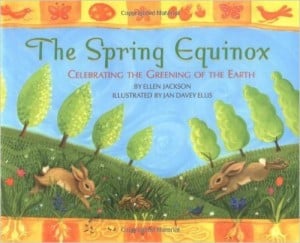
When my first daughter was born, everything was pretty great. My family and my husband’s family were incredibly helpful, my husband stayed home for two months and I didn’t go back to work until my daughter was four months old. She had some difficulty picking up nursing, but eventually got the knack of it, and we went about our lives as a happy little three-person family. It was easy to sit down after she went to bed and make time to watch a movie or read a book, and this was exactly what I needed: some time to myself to do the things that soothe my soul.
It was an entirely different story the second time around. My second daughter was born premature and had to stay in the NICU for longer than anticipated. My husband was almost completely unavailable, and family wasn’t too concerned because “I’d done it all before”. The nurses told me I had to pump breastmilk every three hours if I ever wanted my little one to nurse, I was practically the sole caregiver to my two year old, and I felt compelled to spend as much time as I could at the hospital but was afraid to even touch my little girl. Sleeping in two hour stretches is hard at any time, but having just given birth and chasing after a toddler all day? Not a good mix. It’s no surprise that I developed a pretty severe case of post-partum depression.
Nothing could have fixed that situation. It was awful, and there wasn’t really anything I could concretely do about it. The things that I could do – provide breastmilk, care for my older child, cook meals – I did with such extreme overreach that it absolutely exhausted me. Instead of taking the time to care for myself in a difficult situation, I made an effort to care for everyone else better while completely ignoring my own needs. It’s certainly not the only reason I became depressed – but it was absolutely a contributing factor.
I tell this story because I see it so often among other parents and caregivers. Even if it’s not so extreme, it is still a big problem – and the longer it goes on the further it can spiral out of control. And as much as some would like to deny, it’s absolutely a problem for Pagans, too. A large part of Pagan culture encourages self-indulgence and self-care in a way that other religions don’t, and I’m so very appreciative of that; but there are also values in our community that discourage it. In a religion that’s often run in houses and lead by one person putting in a lot of effort, it can be so easy for the person in charge of everything to completely burn out.
Many parents and caregivers in the Pagan community hold themselves to very high standards when it comes to their children. Cooking all-natural, organic meals every night (and actually getting kids to eat them!) is a tall order for a busy parent, and yet so many start to feel inadequate if they can’t accomplish it. I had a friend years ago who felt like an awful parent because her toddler wouldn’t eat kale! Personally, I felt so guilty every time I turned on a movie so my toddler would let me nap for an hour in peace that it wasn’t even worth it. Our spirituality encourages a natural approach to life – but parents shouldn’t feel guilty for taking advantage of modern conveniences when they make life happier.
Learning how to take time out for ourselves – whether that means limiting ritual hosting to four times a year, or accepting that it’s okay to let a toddler cry for a few minutes while you rinse the shampoo out of your hair – is an essential part of being healthy, happy human beings. As the old adage “do as I say, not as I do” so effortlessly encapsulates, the best way that children learn is by example. If we can show them how we take care of ourselves, they might just pick it up along the way.












